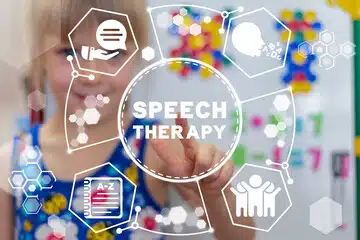Motivation: Try these tailored tips to boost your kids’ motivation:
- If your children don’t seem to understand what you’re asking, simplify or condense instructions or make them more concrete. This is particularly important for children with working memory problems and those with language-based learning disorders.
- Make sure they can actually do what you’re asking them to do. Target the task or assignment to their developmental or skill level so they’ll be able to accomplish it. This will help them develop intrinsic motivation.
- If they have trouble getting started, try providing a cue or some kind of structure, such as a checklist. Then ask, “Where’s your checklist?” see if they pull it out and get started without additional prompts every step of the way.
- The perception of challenge also really impacts children’s ability to accomplish a task. In other words, if they perceive the task as being too difficult, even if they have the ability to do so, motivation stalls.
- Focus on tasks that include your kids’ interests and hobbies, even if they aren’t school subjects.
- When possible, offer children choices. This includes what to do, as well as how to do it. Autonomy is motivating.
- If you’ve ruled out a problem of skill and they’re still not engaged, offer a reward that’s personally motivating to them, this could be video-game time or access to the family car.
- Praise your child’s effort. Be as specific as possible by pointing out a particular task, habit or accomplishment. Don’t overdo it and be sincere.
Tips for Promoting Positive Behaviour in Children with Executive Dysfunction
- Communicate with teachers and other school staff about your efforts to help your child regulate behaviour. You and your child’s teacher or counsellor may decide to work on the same skill at the same time. Home and school need to reinforce each other.
- Set clear and consistent rules. Children need to know what language and behaviour you won’t accept (for example, violence, name-calling, abusive or profane language, and door-slamming). Discuss consequences for breaking rules and be consistent in applying them. Beyond this zero-tolerance list, treat any tantrums or meltdowns as problems to be solves cooperatively. Research clearly shows that the best way to see improvements in social skills is to give kids positive reinforcement.
How to Help a Child with Poor Working Memory
Try these techniques:
- Know your kids’ weaknesses, but play their strengths. If your child has strong visual-spatial skills, try taking information from a math word problem and inserting it into a visual diagram. For instance, try using blocks or Lego to complete addition and subtraction problems.
- Help compensate for a weakness. Break up or chunk information. This takes up fewer “slots” in working memory. For example give one or two instructions rather than a long string of them. If auditory working memory is weak, don’t expect them to depend on it for important things. Encourage them to advocate for their needs by asking teachers for this kind of “information management”. • Reinforce what works. Help your children develop awareness of their own working memory, and help them identify what strategies work well in certain situations. If something works, suggest that they try it again.
- Use working memory as a floodlight to plan action. Discourage multitasking, and use working memory like a spotlight to focus on one thing at a time and shift between activities. Do one activity and stop and shift to the next and maybe come back to the first, and so on. By being mindful like this, kids can focus on a single thought — rather than being overwhelmed by a mountain of thoughts at once.
How Can You Help Your Child Learn to Self-Monitor and Self-Check?
- Encourage your child to think out aloud. Self-talk promotes reflection and greater awareness of one’s learning and performing process.



